How to publish a book:
A complete guide and in-depth look at all the options
How do I publish a book?
Quick Answer: There are 4 options today: 1. Traditional publisher 2. Small Publisher 3. Vanity Publisher 4. For self-publishing, this guide takes an in-depth look at all the options.
In today’s world, choice is everything. If you try to publish a book and publisher’s door closes, a publishing window will open, but there are vast differences in publishing options in the 21st century. Should you self-publish your book? Should you hold out for a traditional publisher? Writers have been asking these questions for 100 years. Walt Whitman self-published The Leaves of Grass, but is self-publishing still a good idea today? This article will examine the most popular publishing options and discuss the pros and cons.
The Agent and the Traditional Large and Medium publisher.
Information: When should I publish with a traditional publisher?
• If your book is marketable
• If your book appeals to a large audience
1. Traditional Publisher
A traditional book publisher is a book publisher that buys the rights from an author and then publishes and promotes the author and their book. When people dream of being an author, this is the option they are dreaming of. The publisher believes in your book and puts their editors, money, and promotional staff behind it and you. Stephen King, John Grissom, and Tom Clancy all publish with traditional publishers. Mostly, we are talking about large and medium size publishing houses. The Big Five and many of their subsidiaries fall in this classification.
You Will need an agent!
You need to know some things about publishing with a large or medium size publisher. Competition for traditional publishing is fierce. Many publishers have less than a 1% acceptance rate and do not take unsolicited works. If they take unsolicited works, generally, it’s almost only possible to get published with these companies with an agent. It’s an ugly truth of the publishing world.
Get an Agent
Getting an agent is an entirely different process. If you are going to get an agent, please do your research. There are lots of sharks in these waters. Do not let them charge you to read or edit your work. They should shop your work for large and medium publishers, but do not let them scam you. Find publishers who represent reputable authors. You can even contact other authors who the Agent represents as a reference before you sign anything!
Editors will change your book
So one of the major complaints of people who go with large traditional publishers is how much editors change their work. In many cases, you are assigned an editor who sits in edits with you for months before your book is published. We are not talking about spell-checking; we are talking about large-scale changes, adding characters, and taking out or adding scenes. Many authors say their books are much different, even unrecognizable from their beginnings. So keep this in mind. If you publish with these publishers, they will shape your work for what they will be a success. This means they want to give it the best chance of doing well.
Marketing and placement is everything
So the real secret of being a success in the literary world, or publishing world, is generally marketing and placement. Writing good works is a big part, but large and medium publishing houses have publicity machines behind them. They get you book tours and send you out even on the local news, do press releases, and ensure your books are featured on that table when you walk into bookstores. If they don’t do this, many times, the book fails.
Just because you get a deal doesn’t mean you’ve made it
Marketing (in most cases) helps books be a success. Without marketing, many authors see their books sit on shelves and gather dust. Your book is stuck if the publishers aren’t behind your work and don’t get a good initial response.
Filled with rewards
If publishing with a traditional large or medium book publisher goes well, it can be all you dreamed of. Yes, they send limos. Yes, they give you an advance. Yes, they spend time with you getting your book right. There may be drawbacks to some of this kind of traditional publishing, BUT for the most part, many of your heroes have gone this way!
It’s difficult to know when to say when
So with the rewards of publishing with a traditional publisher being so great, why would you ever go any other way? Why would you self-publish? Why would you go with a small publisher? We will address these questions, but knowing when to say when is challenging. Many old-school writers feel you should shop your first book to agents. While you are doing this, write your second book and then your 3rd, the theory is that you’ll eventually be published, and all the past works that did not publish will be published when you have established your name. This is an old-school way of looking at it, but it doesn’t mean it is wrong. If you only want to publish with a traditional publisher.
Examples of large and medium books publishers:
The Big Five
- Georg von Holtzbrinck Publishing Group/Macmillan.
- Hachette (publisher)
- Harpercollins
- Penguin Random House
- Simon & Schuster.
What is a small publishers? When should I go with a small publishers?
When do you publish with a small book publisher?
- When you are writing works that appeal to a small audience (academic literature, for instance)
- When you are publishing poetry (not always, but much of the time)
- When you are publishing short stories (not always, but much of the time)
- When your book does not sell, and you hope to republish it with a more prominent publisher (last resort)
2. The Small Book publisher
Small book publishers have been around as long as large and medium book publishers. They are still traditional publishers. Small publishers still take your book, edit it, and sell it. The big difference is that they are small.
To understand what I mean by small publishers, think of it this way. Generally, small publishers will print between 200-1000 copies of a book. Then they will sell it to a small audience. In the old days, that was it. Those books would have a simple and limited print run. Today, they can be printed on demand. More and more small book publishers have gone in this direction.
Literary writers, like university professors or poets, often publish with small publishers. Many small book publishers are university presses, and sometimes they serve the community of professors who live by the mantra publish or perish. Some of these publishers feed this system but also publish unique and high-quality works that often wouldn’t get published otherwise.
Other small publishers are independent publishers trying to make money from small and print-on-demand print runs. Sometimes these publishers are attached to independent bookstores; other times, they are just dedicated authors and editors putting forward an effort to bring great literature into the world.
Beware of Predators
Still yet other publishers, in the darkest and sadly someone prominent publishing universe, are predators hunting sheep. They do not trust the author’s work; they only trust in making money off an author beaten up by rejection. They charge for various services, intending never to sell a single book. To avoid these lions waiting in the tall grass, follow these simple rules:
- Never pay to publish with a traditional or small publisher
- Never pay for editing
- Never pay for publicity
- Never pay anything; if they believe in your work, they will pay for everything!
Try, Try, Try, Try
If you have shopped your book around to large and medium publishers, and there are no takers, you have 2 choices. You can put the book in a drawer and wait or start shopping with small publishers. If you wait, you, of course, should start writing another book right away. If you become a published author, you can shop that to a publisher as your 3rd book. If you go with a small publisher, honestly, by the time you make it to your 3rd book, you can republish it with your mega publisher (make sure you don’t sell away all your rights)!
Small publishers are a great second option for a novel. Indy presses, many times, have their books picked up and republished by large publishing houses, especially if the book does well. You should only expect a little hoopla or fanfare if published with a small publisher.
Marketing and distribution
The small and indie presses usually have little marketing. You may have to do this yourself. Marketing is everything in publishing. People read what they hear is good. Large publishers get their books in newspapers, online, and at the front of bookstores. You won’t have this machine helping you. You will make little money, and many will likely not read your book. You should know that every once in a while, none of this holds, and the author succeeds all on their own (more about this later).
3. The Vanity Publisher
The idea behind a vanity publisher is straightforward; you pay them to print your book. You pay them for editing, rewriting, and other services. Vanity publishers have been around for a very long time. By most accounts, the late 1800s saw the advent of this type of publishing, though vanity publishing probably began much earlier.
Vanity publishing was the only way to publish a book if all publishers turned you down from, let’s say, the 1850s until the invention of print-on-demand technology in the 1990s (well, this is when the technology became cheap enough for people to use). At that time, we see a split between Vanity publishers and self-publishing. Until the 1990s, Vanity publishing and self-publishing were the same thing.
How did it work?
People paid publishers to publish a sizable print run of your books. They ordered 1,000 copies. They get a discounted rate on these books but pay for them. In exchange for the discount rate of publishing, the publisher kept some or all of the rights to your book. They might market your book, sell it, and split some of the earnings with you. Sometimes you pay for services.
Publishing has become so complicated now that this model has dozens of versions. Generally, vanity publishers existed in the past to offset the cost of printing and production of your book. Still, with print on demand, there is the only reason for a vanity publisher if they will market your book for you, but this is very rare.
When we talk about authors of the past self-publishing, honestly, most were using vanity publishers. Authors like Lewis Carroll, Mark Twain, Zane Grey, Upton Sinclair, Edgar Allan Poe, Rudyard Kipling, Walt Whitman, and Carl Sandburg all published with either vanity or self-publisher (depending on how you split the hairs).
Marketing?
You will be marketing your book. Generally you, and you alone.
4. Self-Publishing
Twenty years ago, self-publishing (print on demand or buying a print run yourself) was, to be blunt, a joke. A few books became famous after self-publishing, but they were generally featured on infomercials. Self-publishing was the funeral pyre for books that were never published. You could pay for a print run, but honestly, you would spend days, weeks, or months driving them around in the back of your car, trying to sell them to get your money back (See John Grisham). There were more viable solutions to becoming a successful author. It was also costly.
Today, everything has changed. Some best-sellers are self-published books. Self-published books outsell traditional Big Five Publishers. Why? Print on Demand (POD) and online platforms like Amazon. POD technology has come down so far in cost that for 5-10,000$ you can buy our machines. Why would you want to when places like Amazon are happy to publish your book for you as long as you share in the profits? Generally, these days, you have some excellent pricing options too.
In the old days of 1901-1992, you had to spend a lot of money upfront to get publishers to self-publish your book. You did everything yourself in this process. You had the cover, you did the layout, and you did everything. You would pay the publisher 1000s of dollars for a print run of your books. When finished, they were your books. You sold them, you marketed them, and you didn’t owe anything to the publishers.
Beware of Sheep in Wolves Publishing
So as with any publishing venture, DO YOUR RESEARCH! With self-publishing, it’s easiest for most writers to stick to the big 2 self-publishers. First, you have Amazon Kindle, of course. This is an excellent platform. It uses Amazon’s platform, and promoting your book is generally straightforward. There is also Smashwords. It’s easy to publish a book on either platform, and you know both platforms are not working to defraud you.
What is self-publishing?
Self-publishing today is very simple. You write the book. You upload your book. You list your book on a large marketplace site like Amazon; if you sell any copies, the publishers split the cost. If you set your price at $10, Amazon may take $5. It’s all worked out upfront, but people are doing it every day, and it is by far the most popular form of publishing.
Make sure you know what you are getting into. You should not have a contract or a time expectation if you are self-publishing. It’s best to go with one of the large and well-known self-publishing platforms, like Smashwords or Amazon, to be safe. If you go with a different platform, make sure you do your research.
Who does the marketing?
You do all your own marketing.
A few thoughts
The first and most crucial publishing rule is always: DO YOUR RESEARCH. There are countless scams out there. Since the advent of the printing press, people have been scammed by phony publishers. It’s terrible but very real. Scam publishers will take your money, promise you the world, and leave you with nothing. It is if you’ve found something too good to be true. Every Writer is happy to help. You can contact us with your questions at eds [at]everywritersresource.com. You can also check out the Book publisher’s listing. Some of them have reviews. Please comment below; we are always happy to hear from you and wish you the best in publishing your work. For more information on publishing, please check out our Traditional VS Self-publishing guide.
You can get more information on publishing and writing in our newsletter. If you sign up you get our digital magazine free.
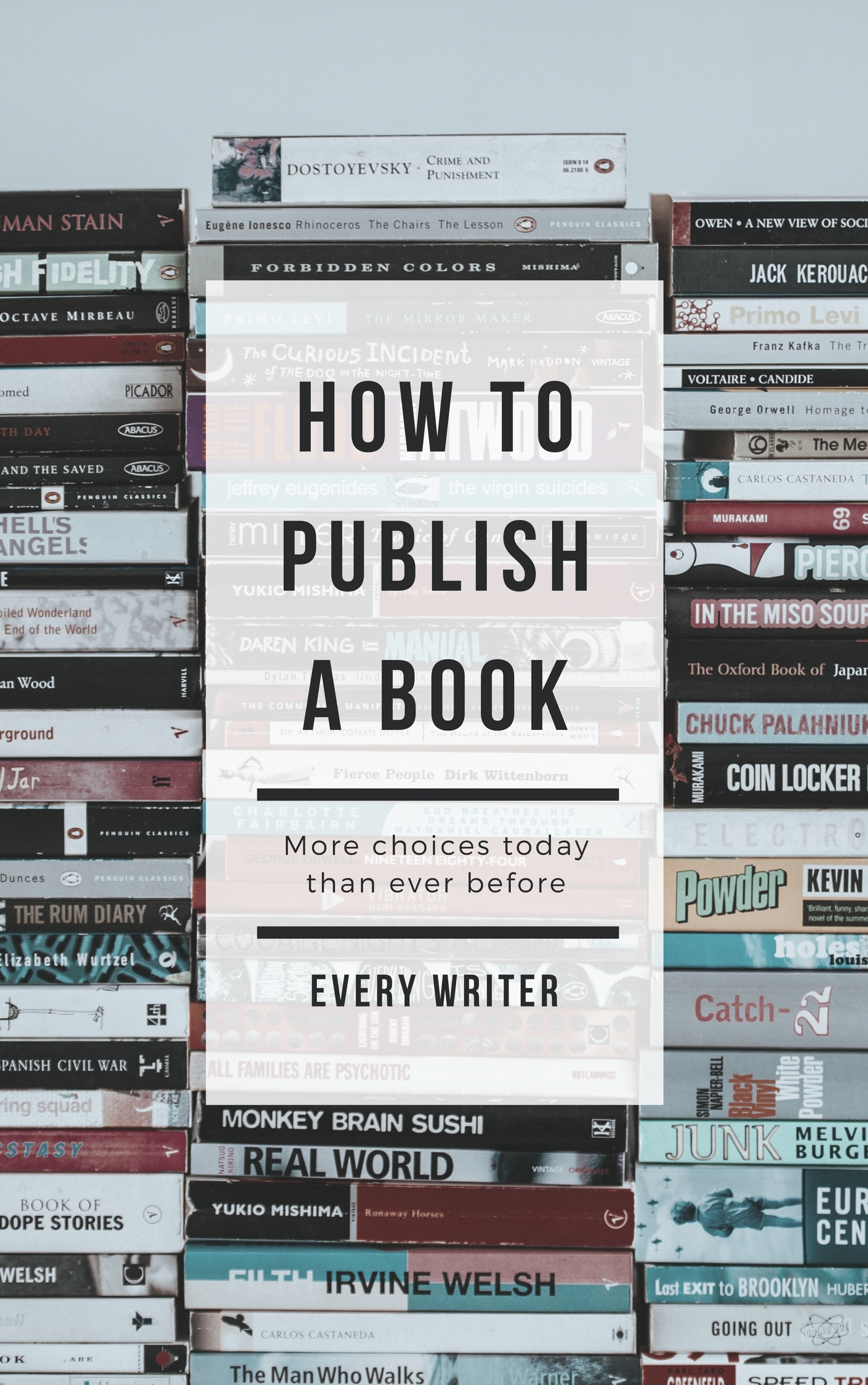
- A Complete Guide to the Hero’s Journey in Storytelling (Free Worksheet) - April 10, 2025
- On Literary Criticism by Ambrose Bierce - April 9, 2025
- 2025 “Boost Your Happiness” Monthly Haiku Challenge - April 9, 2025
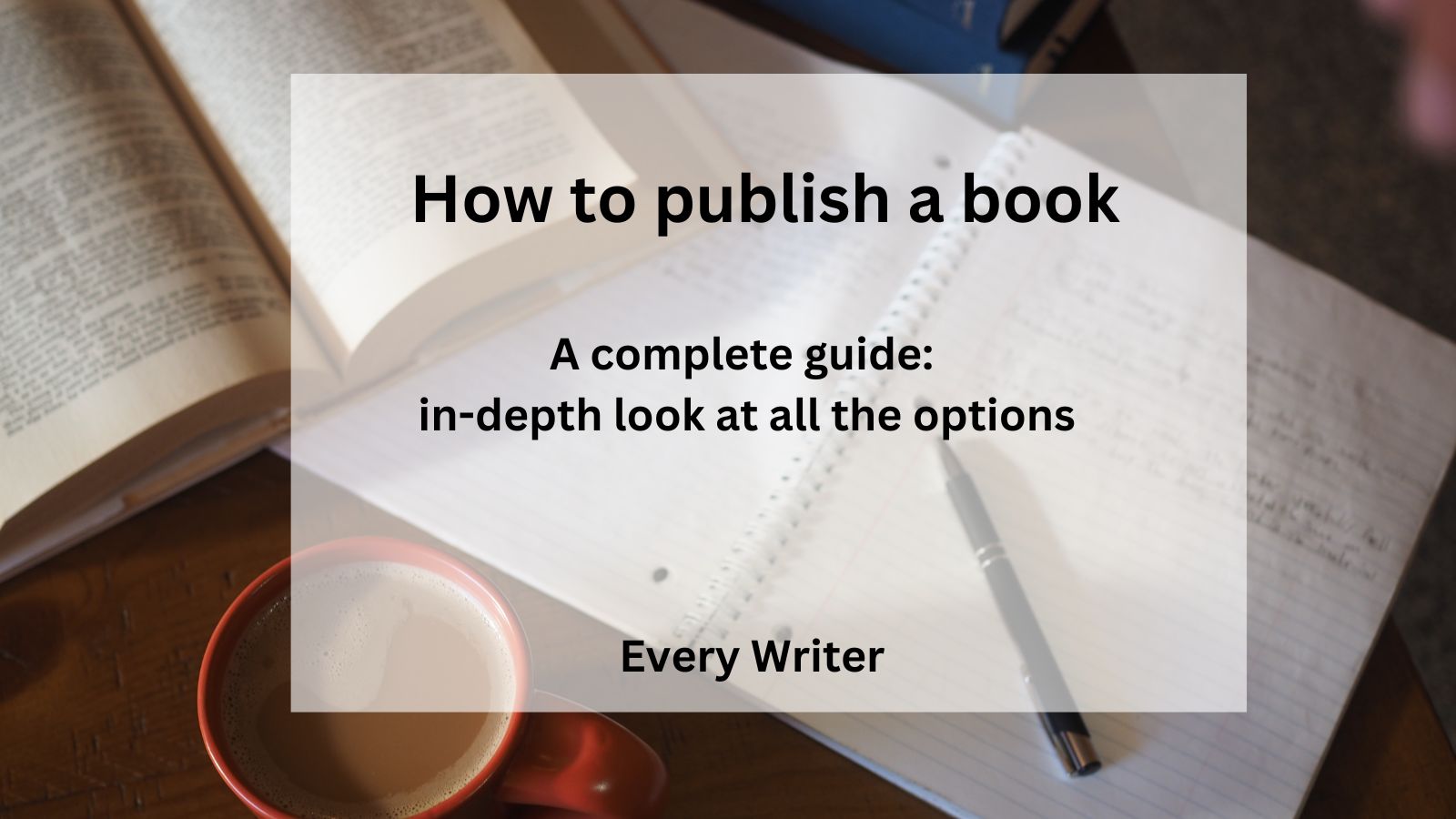
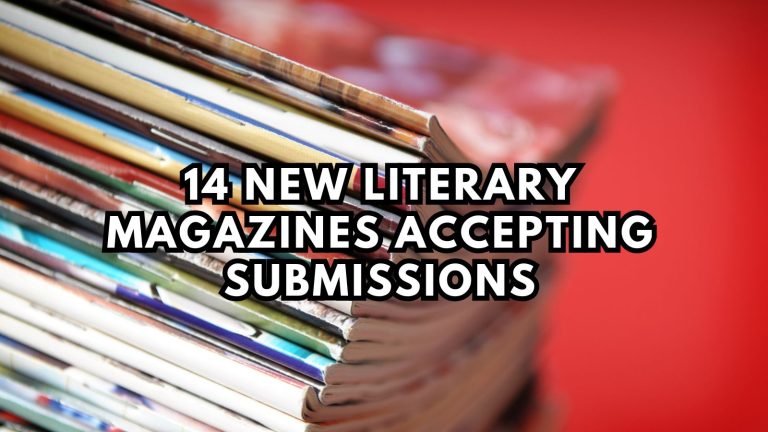

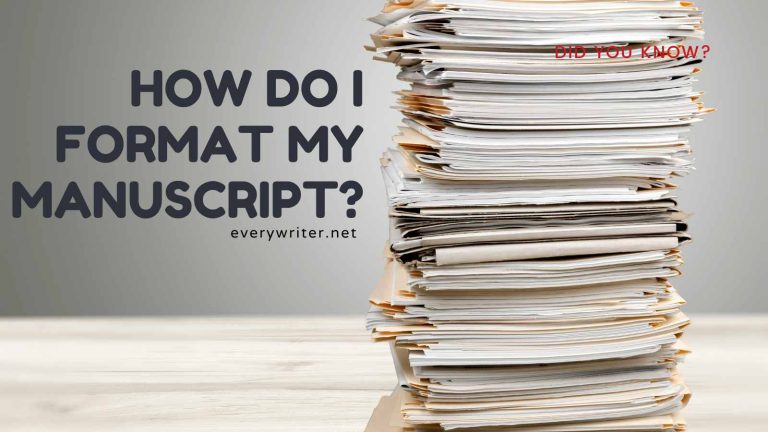
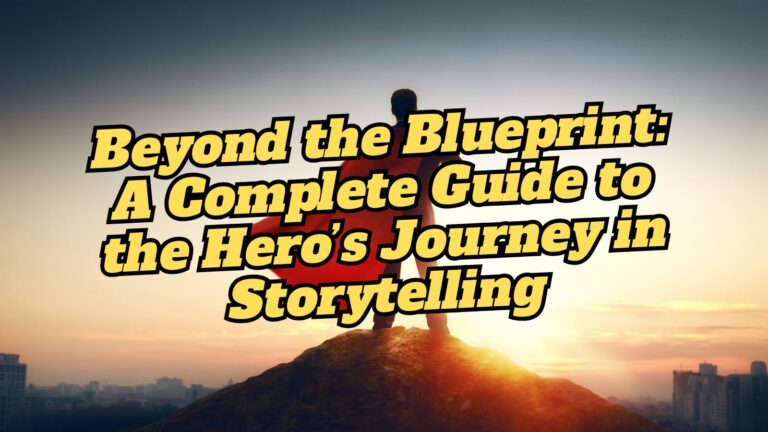
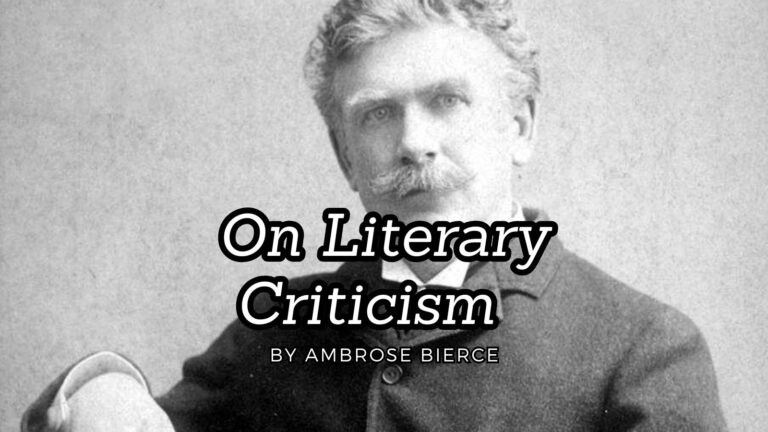
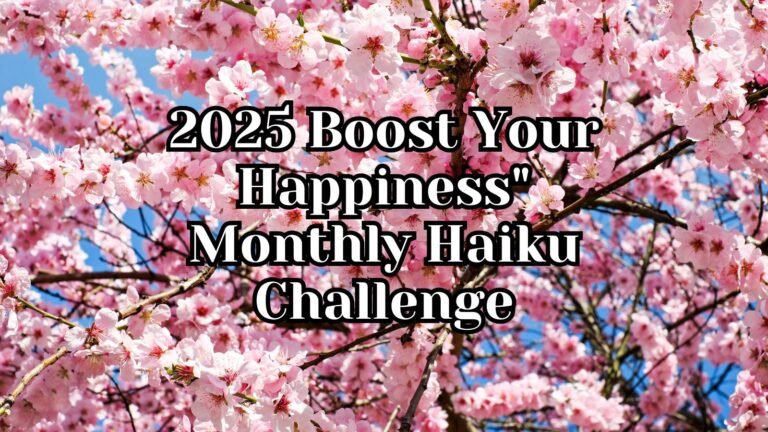

Hell0. Thank You for the information. Recently, a manuscript was sent to Newman Springs publishing. Within two weeks it was accepted. They mailed a contract stating for me to pay $600 and then $300 per month for a year for all different services. Is Newman Publishing a legit firm? Please help.
The General Rule is DO NOT PAY to publish your work. If you are self-publishing you may pay, but I’ve never heard of a monthly fee. Do not pay for publishing, do not pay for editing, do not pay for ads…..unless you consider it self-publishing.
I am very grateful to you for this amazing article! For me as a novice writer, these tips are very useful. I hope you continue to make content like this!
VERDICT With self-publishing an increasingly common option for writers today, it would be hard to imagine a more useful and easy-to-follow guide than this comprehensive volume. Highly recommended to everyone hoping to self-publish a book that won’t look self-published.
Hello !
I have one quick question, which might be a little dumb, but I’m new to all of this.
Can I publish on Smashwords and on Amazon Kindle Publishing at the same time?
I cannot seem to find a rule in either saying I can’t, but I’d like to ask anyway.
That way, i have all the options laid out and can make an enlightened choice.
Thank you !
This is not dumb at all. It’s a very common question. We are working on another article about this. So it is possible to publish on both at the same time, BUT it depends on the options you pick when publishing. You should read both sites terms: https://www.smashwords.com/about/supportfaq this FAQ is a good resource. You want to check the section “How do I choose between Amazon and Smashwords?” It will give you some good information on the topic. Remember when publishing to always know your terms and agreements, read them closely. Good luck., hope this helps.
Publishing a book involves several steps, from writing and editing to distribution and marketing. Obtain an ISBN (International Standard Book Number) to uniquely identify your book. Register for copyright protection to safeguard your intellectual property rights.
Publishing a book is a multi-step process that involves writing, editing, designing, marketing, and distribution. Continue engaging with your readers through social media, newsletters, and author events.
Publishing a book is a multi-step process that involves writing, editing, designing, marketing, and distribution. Ask readers to leave reviews on platforms like Amazon and Goodreads. Positive reviews can boost sales.